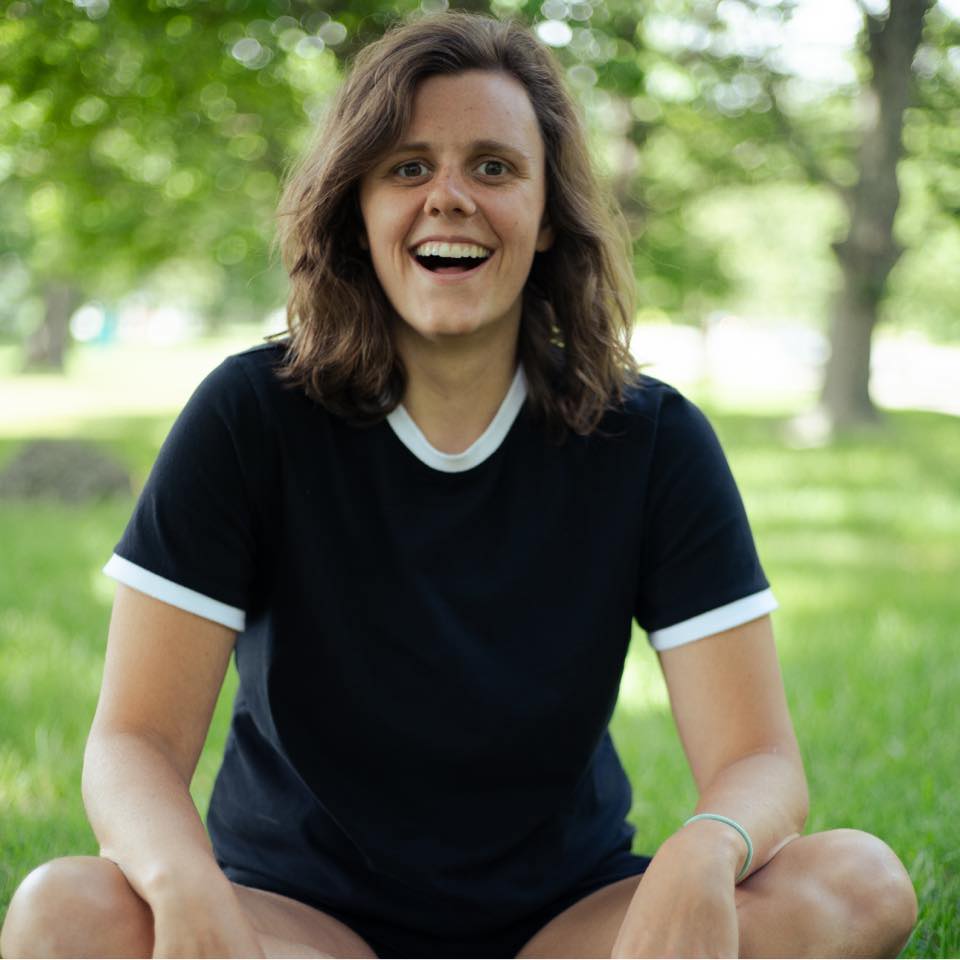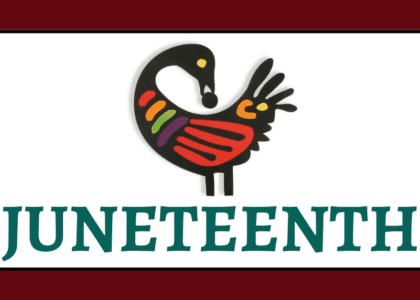By Jana Dye
There’s a common phenomenon that I discuss often with fellow LGBTQ+ clergy and religious people—it’s what I call the double coming out process. Because of the ways our society assumes sexual and gender identity, LGBTQ+ people have to come out as gay/bi/trans/etc to friends and family. And then, for LGBTQ+ Christians like myself, there’s a second phase of coming out—we sometimes have to come out as Christians to others in the LGBTQ+ community.
There are a lot of queer, trans, and nonbinary people who, for understandable reasons, separate themselves from the church and from Christian community once they’ve gone through the public coming-out process. The church, historically and presently, doesn’t exactly have the best reputation for being affirming and accepting of LGBTQ+ folks both within and outside of their congregations.
So, when I attempt to create a social calendar completely outside of the church and my professional networks (which is no small task for any clergy person), there’s a common interaction I find myself falling into. It’s something, from my anecdotal evidence, seems to happen to a lot of LGBTQ+ clergy and churchgoers.
I live and work in New York City and in my precious free time I try my best to find ways to immerse myself in the rich queer community that has thrived in this city for decades. I go to queer-themed events, patron queer-friendly businesses, and join gay sports leagues. And these meetups are all fun and games for me until that dreaded question comes up—“What do you do for a living?” When I tell them (after taking the deepest of breaths) that I’m a pastor, there is almost always a look of shock and/or confusion that follows.
There’s the occasional moment of shared excitement when the person asking is also a person with a theological interest or background, but often I’m met with extremely polite bewilderment. It’s rarely ever voiced, but I can usually read the thoughts going through the other person’s head—How and why in the world is this gay person working at a church of all places?
It’s a question, frankly, that is not without merit. For far too long people have done harm to LGBTQ+ individuals in the name of the Christian religion. They have banned some of us from attending or speaking in their churches. They have tried to force others of us back into the closet or tried to convince us we could be ‘normal’ if only we were faithful and asked God to change us. Many of us have been made to believe by some churches that we are anything less than holy beings—beautiful and beloved by God exactly the way we are.
When I think about it for too long, I can catch myself asking the same question—why do I, and why do other queer people, have any hope left in Christianity or the church?
There’s no simple answer to this question and among LGBTQ+ people who have experienced harm in their Christian communities there would probably be a variety of different answers. Some queer people find the clearest path towards healing their religious trauma is walking away from the faith altogether—a calling that I certainly understand and can sympathize with. For others, like myself, there is a pull to be in specific church communities, even though I feel hurt by the way many Christians misuse the Bible and the religion against me.
When I think about the beautiful queer, trans, and nonbinary Christians I know and the trust they so bravely place in their religious communities, despite all the harm they’ve faced, I try to think about what could be so powerful in the Christian story that could make them want to stick around, for at least a little while longer.
When you look a little bit below the surface, you will find that Christianity has a message of love and revolution so powerful that the message itself is able to reach those who most need to hear it, even in times when someone is trying to use it to harm them.
Churches have so much to gain from having the gifts, experiences, and voices of queer, trans, and nonbinary people in their communities—if only more of them find the courage and love to open their doors just a little bit wider.
When white plantation masters tried to use the Bible to shame enslaved African people into submission, they found the book of Exodus and saw a justification for liberation. When men quoted Paul’s words to claim women should be silent in church, others found countless examples of women leaders, from Esther to Mary Magdalene, who are part of the reason we have this faith tradition to begin with. Women clergy can read these stories and know that they, too, are a crucial and non-negotiable part of the faith.
And, in same way, when people quote verses of Leviticus and Paul to condemn queer love and visibility, we can turn back to Genesis and be reminded that we were all made in God’s image and that God saw us and saw that we were good—in any sexuality or gender identity we end up feeling at home in.
The “church” we talk about today looks a little different than the vision of the early Christ followers. The earliest churches were, by most accounts, radical pockets of outcasts and misfits living within an oppressive power structure. They were a minority group that stood for crazy things like treating your neighbor as yourself in a world that prioritized wealth and hierarchy. In its most pure form, the church should be the most ideal place for LGBTQ+ folks to thrive.
What we see today, sadly, is a form of Christianity that looks less and less like the original churches of misfits and outcasts and more and more like the Empire that Jesus lost his life for speaking out against.
How do we get back to our original roots?
As we celebrate Pride month, churches have a responsibility to honor and highlight the voices of their LGBTQ+ members and leaders. It’s my belief that LGBTQ+ Christians should be recognized not only as integral to the entire history of Christianity (Yes, it’s true! Even when you haven’t been able to see us, we’ve been here), but we are also absolutely crucial to its future as well.
In an age where people are leaving the church like they never have before, Christian communities must shift their practices and ideologies and get out of the traditional boxes they’ve kept themselves in for far too long. No one knows how to do this quite like queer people.
In order to be openly LGBTQ+ in this world, there is an enormous amount of self-reflection, critical analysis, and norm-bending that one must do. Churches have so much to gain from having the gifts, experiences, and voices of queer, trans, and nonbinary people in their communities—if only more of them find the courage and love to open their doors just a little bit wider. Until that day comes, we will be here—as we’ve always been—having pride in ourselves and pride in our history, regardless of what the ‘church’ or the world has to say about it.

Reverend Jana Dye is a native born Kentuckian living in New York City and serving as the Interim Associate Pastor of Metro Baptist Church and the Interim Associate Director of Rauschenbusch Metro Ministries. Her ministry and theology is constantly motivated by a belief in the natural beauty and divine goodness that exists within humanity, even inside a world full of injustice and pain. In her free time she enjoys going on long walks, meditative jogs, and eating her way through the greatest culinary city in the world.




Recent Comments